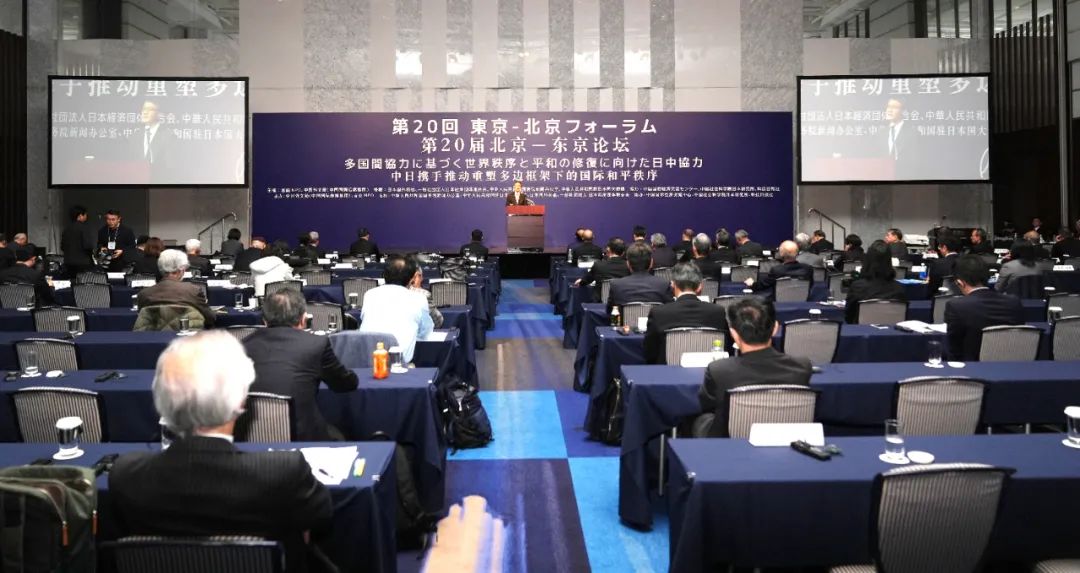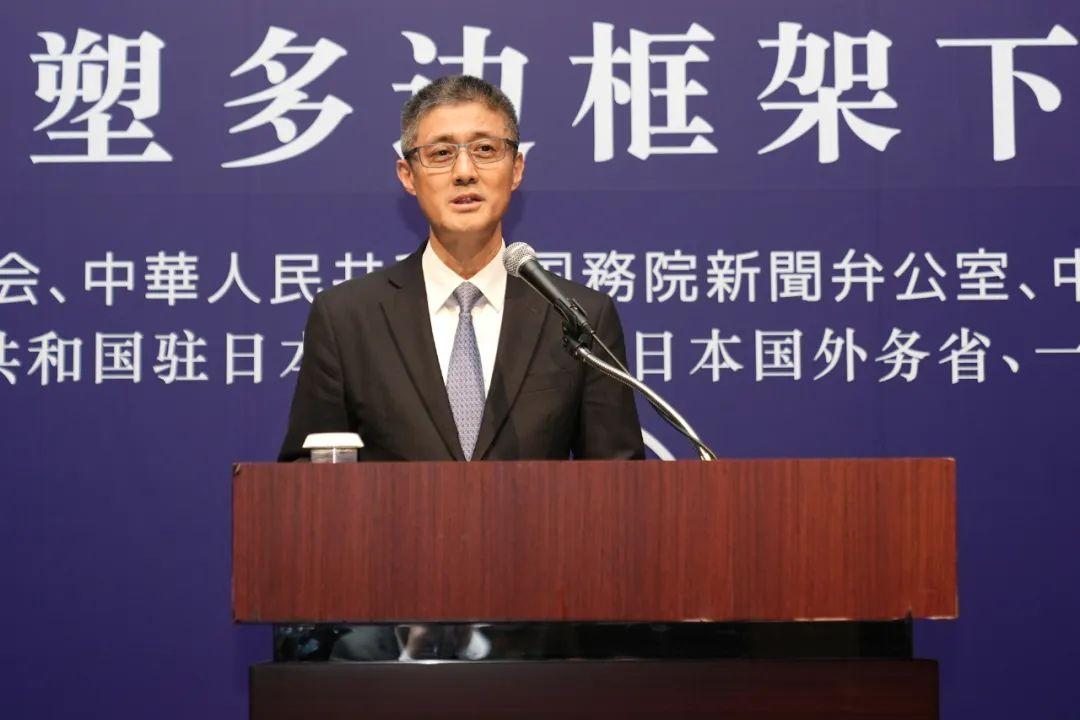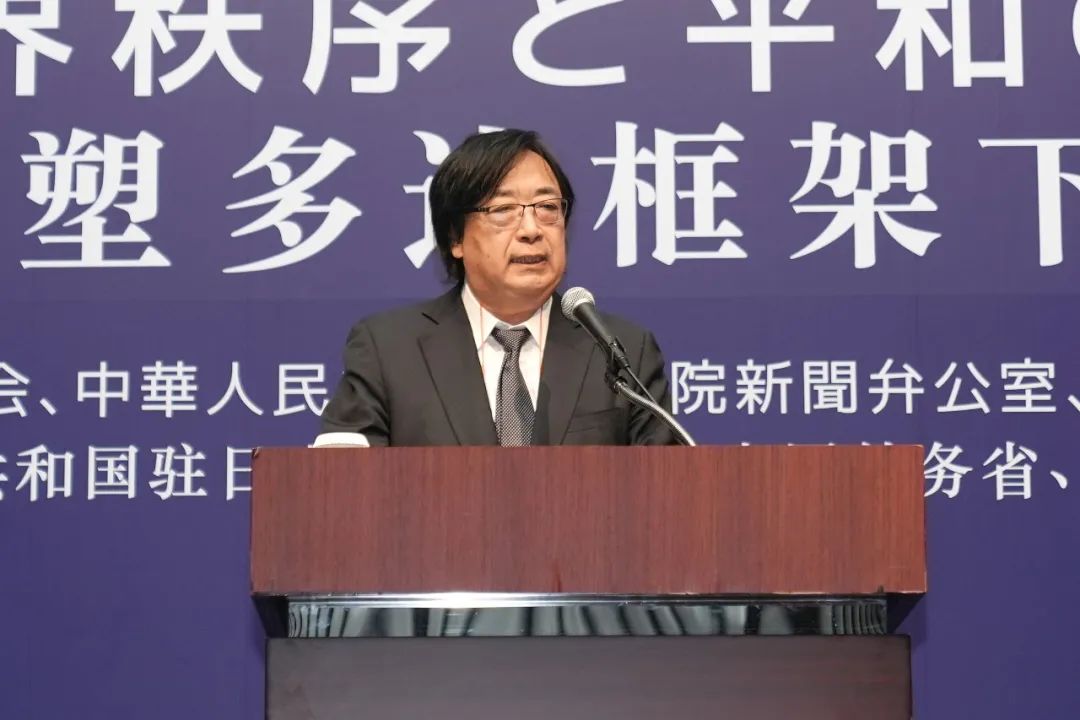
 0 Comment(s)
0 Comment(s) Print
Print E-mail China.org.cn, December 6, 2024
E-mail China.org.cn, December 6, 2024

The 20th Beijing-Tokyo Forum concludes in Tokyo, Dec. 5, 2024. [Photo/CICG]
The two-day 20th Beijing-Tokyo Forum concluded on Dec. 5 in Tokyo. Over 400 participants from China and Japan engaged in candid and in-depth discussions on topics including bilateral politics and diplomacy, peace and order, multilateral cooperation, economy and trade, security, digital economy, media, and youth interaction.
With the theme "Restoring peace and rebuilding a global order based on multilateral cooperation through China-Japan partnership," the forum marked its 20th anniversary by reaffirming its role as a significant platform for fostering cooperation between both countries, with a shared commitment to advancing collaboration for Asia, the world and the future.
At the closing ceremony, the two co-organizers jointly released the "Tokyo Consensus," a key outcome of this year's forum.

Gao Anming, editor-in-chief of China International Communications Group (CICG), delivers a speech at the closing ceremony of the 20th Beijing-Tokyo Forum in Tokyo, Dec. 5, 2024. [Photo/CICG]
The consensus highlights two core understandings.
First, for future-oriented cooperation, China and Japan need to make joint efforts to foster a constructive public opinion climate aimed at solving shared challenges.
Second, there is a need to elevate the forum into a forward-looking global dialogue platform, building on the significant accomplishments of the past 20 years.

Yasushi Kudo, president of Genron NPO, announces the "Tokyo Consensus" at the closing ceremony of the 20th Beijing-Tokyo Forum in Tokyo, Dec. 5, 2024. [Photo/CICG]
The consensus outlines four key points, and stresses the importance of the United Nations in maintaining a multilateral world.
The consensus envisions a global economy that is free and open, while cautioning against policies that could lead to economic decoupling or the formation of exclusive blocs. It supports both governments in optimizing the business environment, increasing mutual trust, enhancing transparency and predictability, and removing measures that could hinder business activities.
In the context of Northeast Asia, the consensus calls for resisting the increasing complexity of regional security dynamics, preventing regional conflicts, and striving to maintain regional security.
It also underscores the importance of expanding dialogue channels and promoting extensive exchanges between the peoples of both nations, with particular attention to fostering dialogue among younger generations.
Over the past two decades, the Beijing-Tokyo Forum has persevered through the ups and downs of China-Japan relations, thanks to the steadfast support and dedication of like-minded partners from both countries. Building on the consensus and shared determination, both sides have reaffirmed their commitment to continuing the forum over the next decade, striving to promote peace in Asia and the world while addressing key shared challenges.